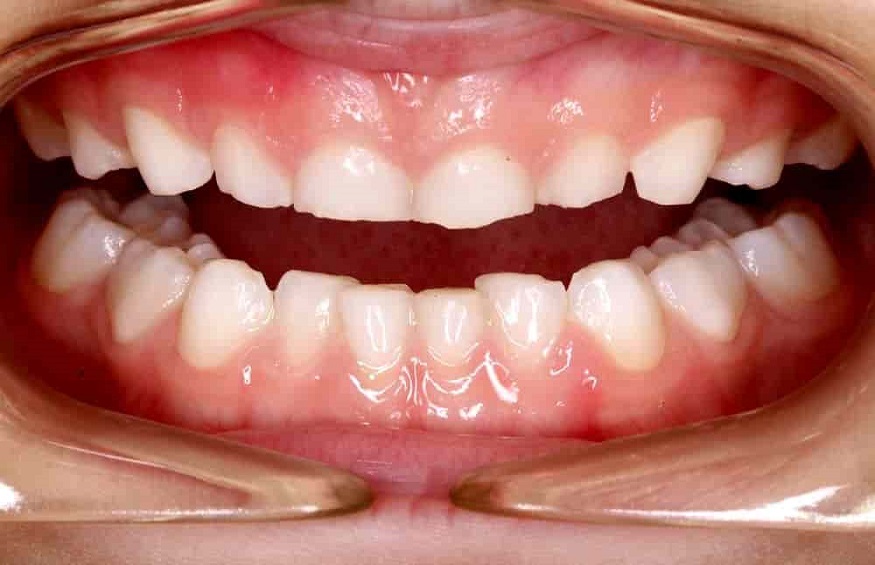If you’ve ever woken up from a night’s sleep with painful jaws and sore teeth, chances are you’re grinding your teeth. This condition is known as bruxism. It involves rhythmic jaw clenching and teeth grinding. A dentist can usually diagnose nocturnal bruxism at any age.
Bruxism usually occurs unconsciously when an individual is asleep. However, it may also happen when you’re awake. You shouldn’t mistake it with placing teeth together when performing tasks like writing, reading, driving, and lifting heavy objects. This article highlights its causes, symptoms, treatments, and how it’s linked to sleep deprivation.
Causes Of Tooth Grinding
There’s no scientific evidence to link any cause to teeth grinding directly. Still, Bruxism Association claims it may be caused by smoking, anxiety, drinking too much alcohol, depression, and stress. This condition is also often found in people who suffer from obstructive sleep apnea or those who snore.
Some studies also indicate that most people who grind their teeth do so because of anxiety and stress.
Symptoms Of Tooth Grinding
There are several symptoms that you may suffer from if you’re grinding your tooth. However, the most common one is a headache. Research by the bruxism association indicates that individuals who grind their teeth are more likely to suffer from headaches than those who don’t.
Other symptoms of tooth grinding include ear pain, shoulder stiffness, swollen facial muscles, and muscle aches. Your teeth may also show a higher rate of mobility and wear. If this problem isn’t corrected, it may lead to fractures or tooth loss.
How Tooth Grinding Is Linked To Sleep Deprivation
The American Sleep Association estimates that about 15% of children and 10% of adults grind their teeth when sleeping. However, 80% of adults suffering from this condition aren’t aware of it until they start witnessing sleep disruptions or physical symptoms.
Here are some ways that tooth grinding can interfere with your sleep:
1. It Damages Teeth
If you regularly grind your teeth when sleeping, your dental health may be impacted. The continuous action of clenching your teeth and jaw may create pain. If you do it for a more extended period, it may even lead to jaw misalignments.
When you start experiencing pain, maintaining your sleep may become difficult. You may need painkillers or sleeping pills to sleep throughout the night.
2. It Causes Earaches And Headaches
Consistently grinding your teeth as you sleep may cause severe earaches and headaches. If these symptoms are mild, you may still be able to sleep. But if they’re severe, it may not be easy to sleep throughout the night.
Treatment For Tooth Grinding
It may be challenging to stop grinding or clenching your teeth if you’re already used to it. But if you can change your lifestyle and avoid anxiety and stress, you may eventually combat bruxism.
It’s vital to visit your dentist for a comprehensive exam and evaluation. Through their experience, they can create a specialized treatment plan to help you recover from this disorder.
There are other treatment options that you may also consider. You may hear about it on dental social media.
Conclusion
Bruxism is a condition that has several causes ranging from stress, excessive alcohol, and lack of sleep. The good news is that it can be treated.










